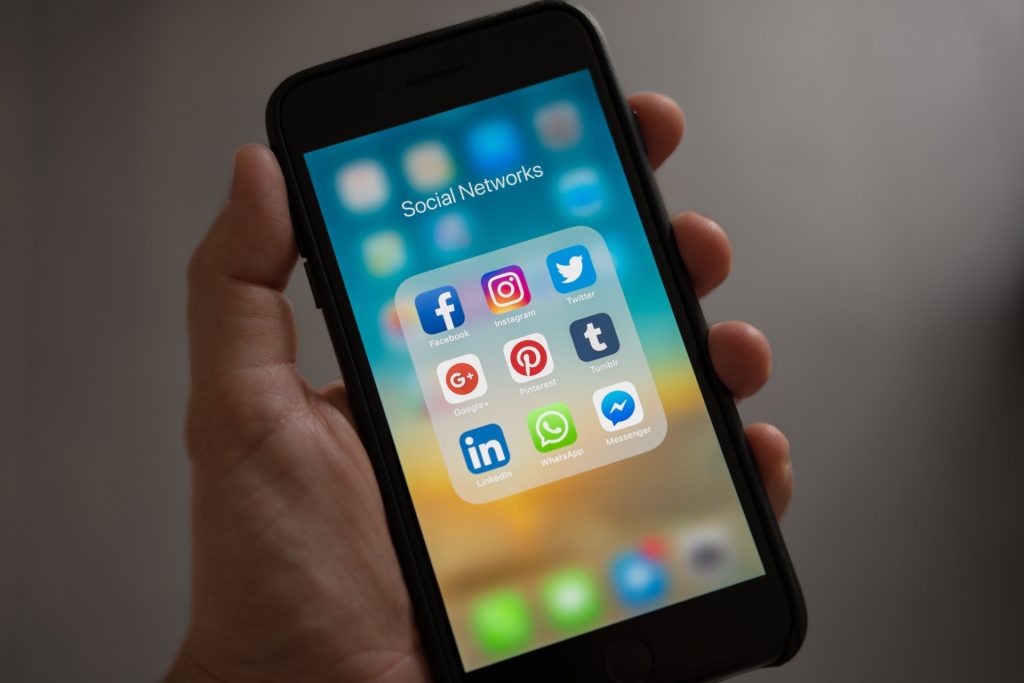
In the largest study of its kind to date, a systematic review and meta-analysis of people’s perceptions of their screen time compares to their actual usage, estimates of usage were found to be accurate only in about five per cent of studies.
Multiple studies have linked increasing amounts of ‘screen time’, looking at and using devices such as computers, tablets and smartphones, to a wide range of negative health outcomes such as depression and inactivity.
The international team say their results cast doubt on the validity of research on the impact of screen time on mental health, and its influences on government policy, as the vast majority rely on participants’ self-reported estimates on the amount of time spent on digital devices, rather than logs of actual usage, or tracked time. This research was published in Nature Human Behaviour.
For lead researcher Dr Doug Parry at Stellenbosch University, the studies highlight how much our current perceptions of technology are built up on long-lasting, unchallenged assumptions.
“For decades, researchers have relied on estimates of how we use various technologies to study how people use digital media and the potential outcomes this behaviour can lead to. Our findings suggest that much of this work may be on unstable footing.”
“The screen time discrepancies highlight that we simply do not know enough yet about the actual effects (both positive and negative) of our media use. Researchers, journalists, members of the public, and crucially policy makers need to question the quality of evidence when they consider research on media uses and effects. We can no longer simply take claims of harmful effects at face value.”
The researchers also investigated whether questionnaires and scales addressing ‘problematic’ media use, such as excessive or so-called ‘addictive’ media use, were suitable substitutes for logged usage. There was even less of an association with usage logs to these measures.
Exhaustive literature survey
The research identified every existing study that compares logged or tracked media use measures with equivalent self-reports. Screening more than 12 000 articles for inclusion, they found 47 studies that included both types of measures. From here they were able to identify and extract 106 comparisons, based on 50 000 individuals, to address the question of how closely self-report estimates relate to logs of actual usage.
“These highly flawed studies are over-inflating the relationships between digital media use and typically negative outcomes, such as mental health symptoms and cognitive impairments, which of course explains the pervading view that smartphones among other technologies are bad for us,” commented Dr Brit Davidson from the University of Bath’s School of Management.
“Media and technology use takes the blame for everything from increases in teenage depression and suicide to higher incidence of Attention Deficit Hyperactivity Disorder (ADHD) and violence. If we want to properly investigate harms, we must first tackle assumptions about screen time and disentangle how people are actually using their phones or other technologies of interest.
“Importantly, these questionable studies are also being used to influence policy. The UK and Canada both have forms of screen time guidelines based on poorly conducted research, which is clearly worrying and hard to reverse.”
The researchers hope that the findings will prompt a change in how technology use is measured, as well as how society regards technology use, leading to a better understanding of our relationship with technology.
Source: News-Medical.Net
Journal information: Parry, D. A., et al. (2021) A systematic review and meta-analysis of discrepancies between logged and self-reported digital media use. Nature Human Behaviour. doi.org/10.1038/s41562-021-01117-5.

